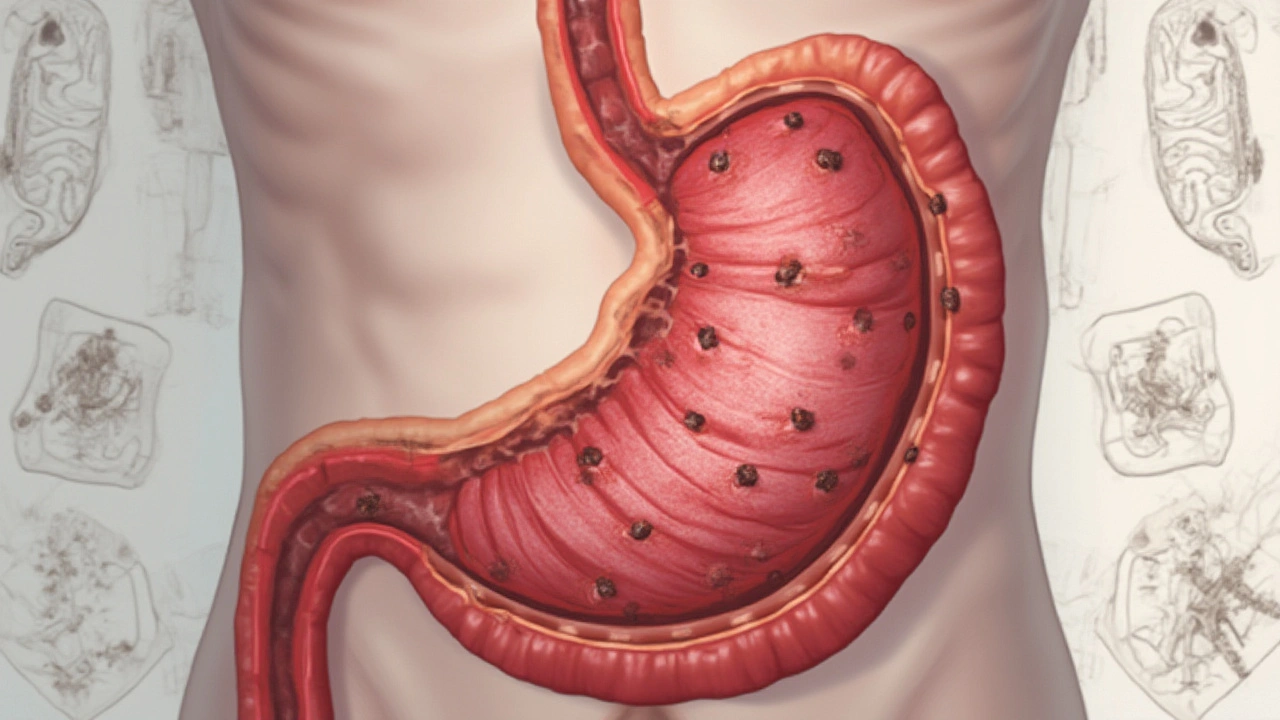Early Diagnosis – Catching Health Issues Before They Advance
Ever wondered why doctors stress getting checked early? The simple answer is that treatment works best before a disease has a chance to spread. When you catch a problem early, you often need fewer medicines, face less invasive procedures, and enjoy a faster recovery. That’s why paying attention to the first signs can change the whole story.
Benefits of Spotting Problems Early
First, early diagnosis usually means a higher success rate. Whether it’s cancer, diabetes, or a heart condition, treatments are designed to halt progression. Starting them sooner cuts down on complications like organ damage or severe side effects. Second, the financial side matters – shorter hospital stays and cheaper medication plans add up to big savings.
Third, quality of life improves dramatically. People diagnosed early often keep their daily routines, work, and hobbies without major interruptions. Finally, early detection reduces the emotional strain on families. Knowing what’s happening early gives everyone time to plan, ask questions, and get support.
Practical Ways to Detect Issues Sooner
Start with a symptom diary. Write down any new aches, fatigue, or changes in appetite, even if they seem minor. Patterns emerge quickly when you look back over a week or two. Next, schedule regular screenings that match your age and risk factors – blood pressure checks, cholesterol panels, mammograms, colonoscopies, and skin exams are common examples.
Don’t overlook home health tools. Blood glucose meters, blood pressure cuffs, and even wearable devices can flag irregularities before a doctor sees them. If a reading is out of range, call your pharmacy or clinic for advice rather than waiting for a scheduled visit.
Ask your healthcare provider about genetic or family‑history testing. Certain conditions, like hereditary breast cancer or familial hypercholesterolemia, can be caught early with a simple blood test. Knowing your risk lets you and your doctor set up a proactive monitoring plan.
Finally, trust your gut. If something feels off, push for an appointment. It’s easier to rule out a serious issue than to live with uncertainty. A quick chat with a pharmacist can also point you toward over‑the‑counter options or tell you when a prescription is needed.
In short, early diagnosis isn’t a fancy concept – it’s a practical approach that saves time, money, and health. By staying aware of your body, using simple tools, and keeping up with screenings, you give yourself the best chance at a smooth, healthy life.
Atrophic gastroenteritis flies under the radar but can lead to major digestive problems if not caught early. Dig into symptoms, diagnosis, and what modern treatment actually involves today.
